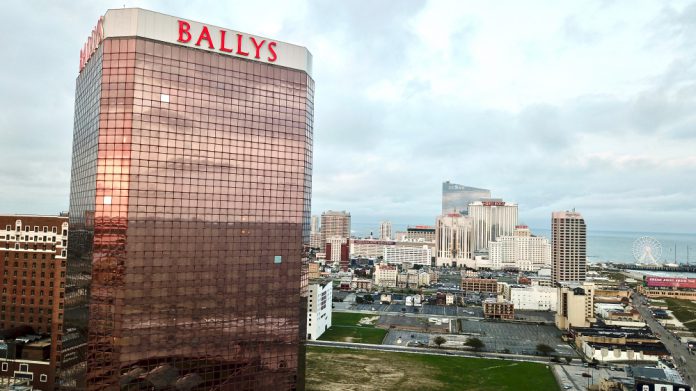Bally’s has lowered its full-year financial expectations from the figures previously expressed following the year’s first quarter, despite detailing “continued” retail strength and international and US interactive growth.
During the year’s second three month period, the group, which owns and manages 14 casinos across 10 states, saw revenue increase 106.36 per cent to $552.49m (2021: $267.73m) driven by upticks across all core reporting segments.
This saw gaming, hotel, food and beverage and retail, entertainment and other all rise to $455m (2021: $207.49m), $33.92m (2021: $22.31m), $27.43m (2021: $23.38m) and $36m (2021: $14.54m), respectively.
Net income through Q2 dropped 13.69 per cent through Q2 to $59.5m (2021: $68.94m), with adjusted EBITDA up 70.5 per cent from the $82.82m recorded one year ago to $141.22m through 2022.
For the year to date, revenue surged 139.29 per cent to $1.1bn (2021: $459.99m), net income closed up 5.41 per cent to $61.39m (2021: $58.23m), and adjusted EBITDA finished at $256.17m, rising 90.18 per cent from $134.69m.
Lee Fenton, Chief Executive Officer of Bally’s, said, “Our second quarter results reflect continued strength in our casinos and resorts segment, record margins in our international interactive segment and continued growth in our North America interactive segment particularly in BallyCasino.com in New Jersey, despite headwinds from significant FX volatility and challenges in Atlantic City.
“We are pleased with the company’s record cash flow from operations in the quarter and are focused on continued incremental cash flow generation initiatives.”
Furthermore, Bally’s has also issued an update to its financial expectations through the current year, with revenue and adjusted EBITDA reduced from those figures expressed earlier in the year.
Revenue is anticipated to fall between $2.2bn-$2.3bn, down from $2.4bn-$2.5bn, and adjusted EBITDA predicted to close at $535m-$550m which represents a drop from $560m-$580m.
This is due to “a number of known and unknown uncertainties and risks,” including adverse foreign exchange movements and lower expectations for the group’s Atlantic City property.













